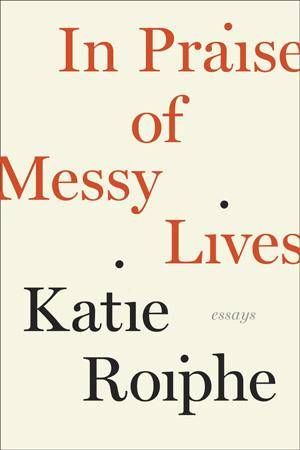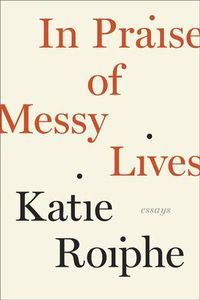
On Rethinking a Reading Preference
 This week I read a book that made me reconsider one of my long-held reading beliefs.
This week I read a book that made me reconsider one of my long-held reading beliefs.
After reading many, many essay collections, I’d concluded that I don’t like reading book reviews that get anthologized, especially for books that I haven’t read. Even when I love a writer, I skip over any book reviews in a collection because I find them almost universally tedious. But I’ve also always thought this was sort of strange, since I like to read book reviews in other situations.
I think this weird dislike happens because when reviews are included in a collection they’re pulled out of the public conversation that happens around a book when it is first published. Even when I haven’t read a book (or don’t plan on reading it), I like to skim reviews that come out around the publication date. I like seeing how different outlets compare the book, and I like being able to participate in conversations that happen around a book (in person and online) when it’s released. I like being one of those annoying people who gets to say, “I haven’t read that one, but I read in Publication X that it was terrible!” Essay collections pull the book review out of context and make them nearly unbearable for me to read.
That’s why I was so surprised to love the book pieces in Katie Roiphe’s 2012 essay collection In Praise of Messy Lives, especially for the books that I hadn’t read. After pondering over this development for awhile, I think I figured out what Roiphe does that works so well: every time she writes about a book, she turns the review into a trend piece.
For example, in a review talking about Lucia Joyce: To Dance in the Wake, a 2005 biography of James Joyce’s daughter, Roiphe talks about the trend of writing biographies of the women who stood by famous male artists (women like Zelda Fitzgerald and Vera Nabokov). In the piece, she also addresses the problematic aspect of the trend: “Once the genre served as an original, quirky feminist corrective, but now, as it becomes more prevalent, it panders to the culture more enamored of prurient gossip than of literature itself.”
I’ve never read the Joyce biography at the center of the piece, but I’ve read enough biographies of female bystanders to know what she is talking about. And I’ll admit that I’ve never thought of them as pandering genre rather than a genre exploring missing pieces of history. It’s a harsh piece, but a great one in any context. As a review, it didn’t necessarily make me want to pick up the book in question, but it did make me think more about the books I have read or thought about reading in this genre.
The other book-related pieces in the collection are equally as interesting, focusing on things like incest novels, authors Joan Didion and Susan Sontag, and Jane Austen’s ambiguous love live. I’m really excited about In Praise of Messy Lives, because of this revelation in my own thinking and the many other paths the pieces have led me down.
Have you ever read a book that make you reconsider a stance you had about reading?







